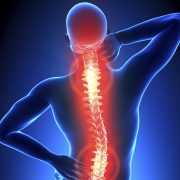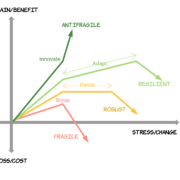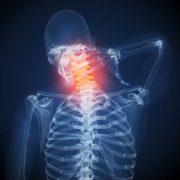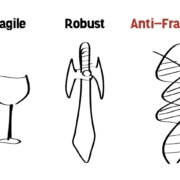Knee Pain: Physiotherapy can solve most issues.
Knee pain is a prevalent issue affecting individuals of all ages and can arise from various causes, including injuries, arthritis, and overuse. Understanding the underlying factors and treatment options is essential for effective management.
Common Causes of Knee Pain
Injuries:
-
- Ligament Injuries: Damage to ligaments, such as the anterior cruciate ligament (ACL), can lead to significant pain and instabiliity
- Cartilage Tears: Injuries to the meniscus or other cartilage can cause pain and swelling
- Tendonitis: Inflammation of the tendons around the knee, often due to overuse, can result in pain, especially during physical activities
Arthritis:
-
- Osteoarthritis: The most common form of arthritis, characterized by wear and tear of cartilage, leading to pain and stiffness
- Rheumatoid Arthritis: An autoimmune condition that causes joint inflammation and pain
- Gout: A type of inflammatory arthritis that can cause sudden, severe attacks of pain
Mechanical Problems:
-
- Conditions like iliotibial band syndrome or loose bodies in the joint can interfere with knee movement and cause discomfort
Overuse: Repetitive activities or excessive strain from sports or physical work can lead to knee pain, particularly in athletes
Other Medical Conditions:
- Conditions such as Baker’s cysts or infections in the joint can also manifest as knee pain
- Conditions like iliotibial band syndrome or loose bodies in the joint can interfere with knee movement and cause discomfort
Symptoms Associated with Knee Pain
Knee pain may present with various symptoms depending on its cause:
- Swelling and stiffness
- Redness and warmth around the knee
- Weakness or instability
- Popping or crunching sounds during movement
- Difficulty fully extending or flexing the knee
Treatment Options
Home Remedies
- Resting the knee and avoiding activities that exacerbate pain.
- Applying ice to reduce swelling.
- Over-the-counter pain relievers (e.g., ibuprofen or acetaminophen) can help alleviate discomfort.
Professional Treatment
- If symptoms persist or worsen, consulting a healthcare provider is advisable. They may recommend:
- Physical therapy to strengthen muscles around the knee.
- Knee braces for support.
- Injections (e.g., corticosteroids) to reduce inflammation
- Surgical options in severe cases, such as ligament repair or arthroscopy
Lifestyle Modifications
- Maintaining a healthy weight can reduce stress on the knees.
- Engaging in low-impact exercises to improve strength and flexibility without overstraining the joint
In summary, knee pain is a multifaceted issue with various causes ranging from injuries to chronic conditions like arthritis. Early diagnosis and tailored treatment strategies are crucial for effective management and recovery.







